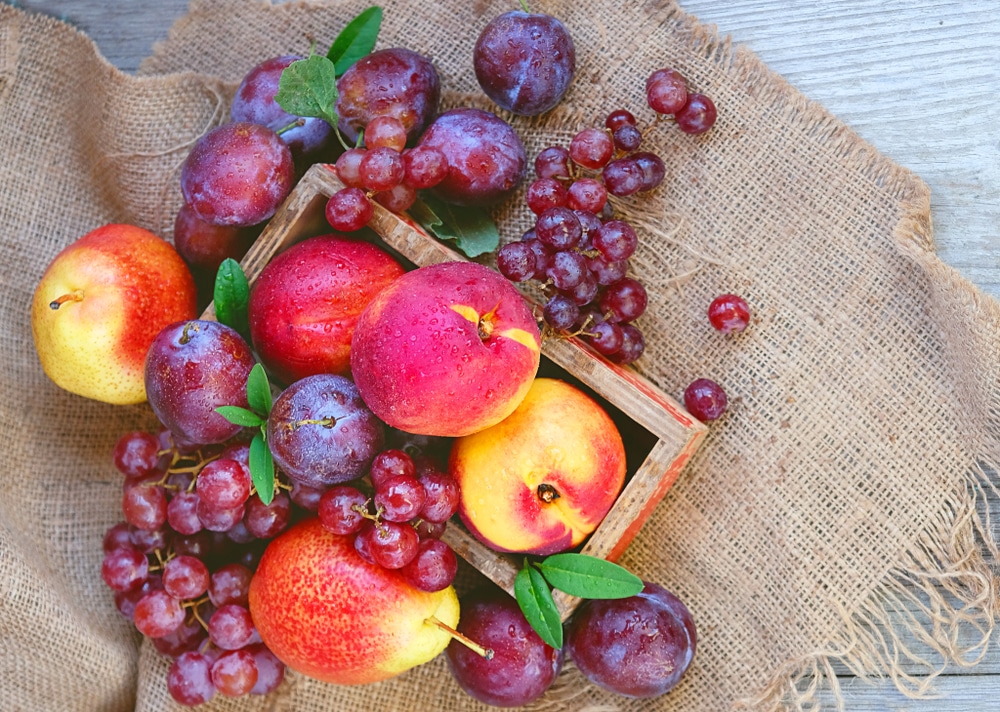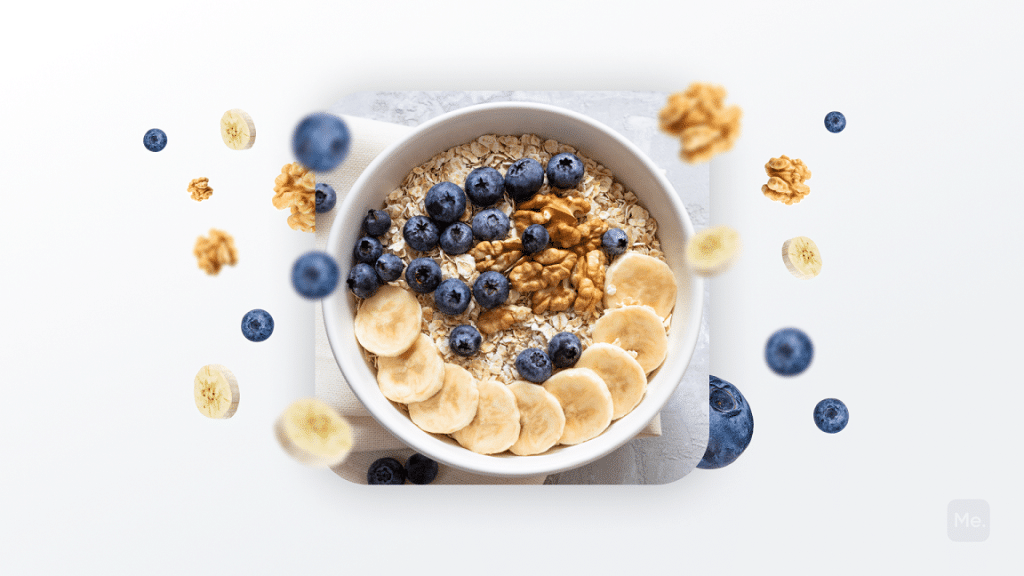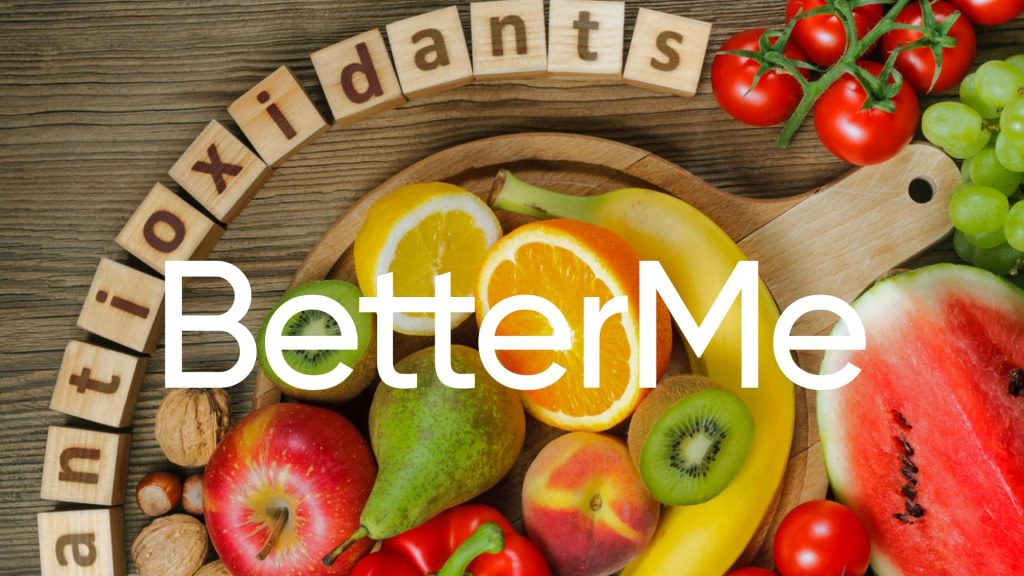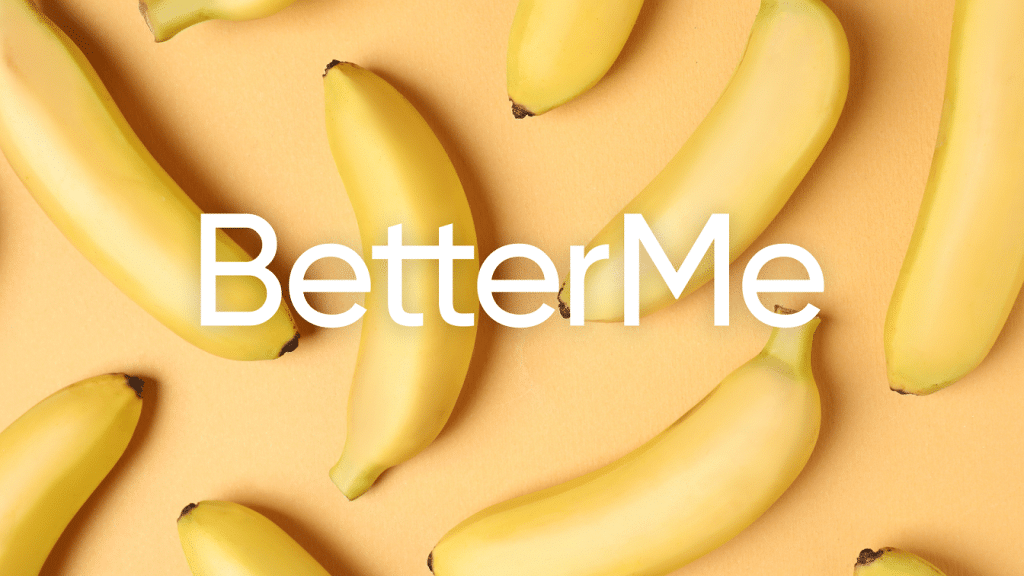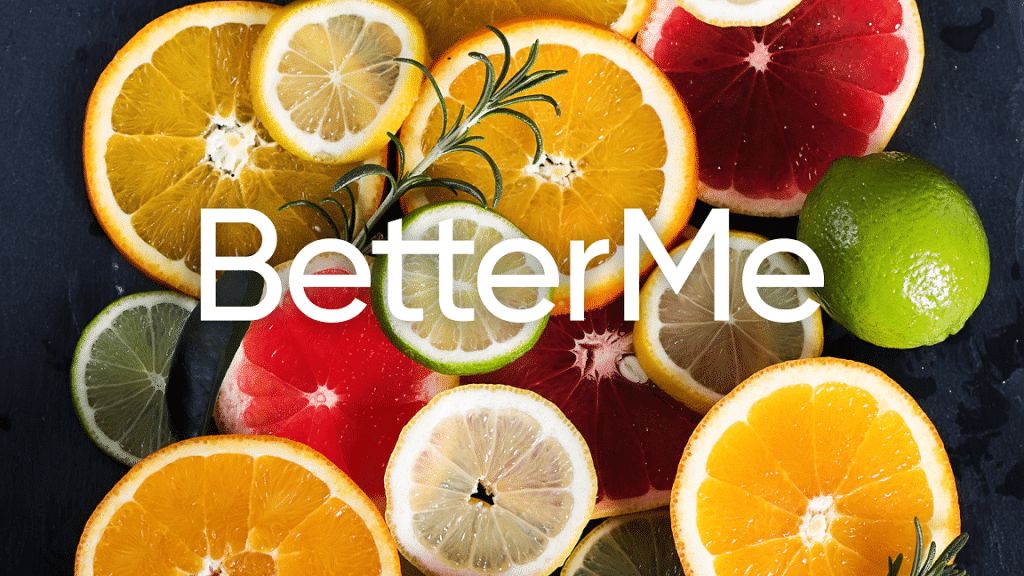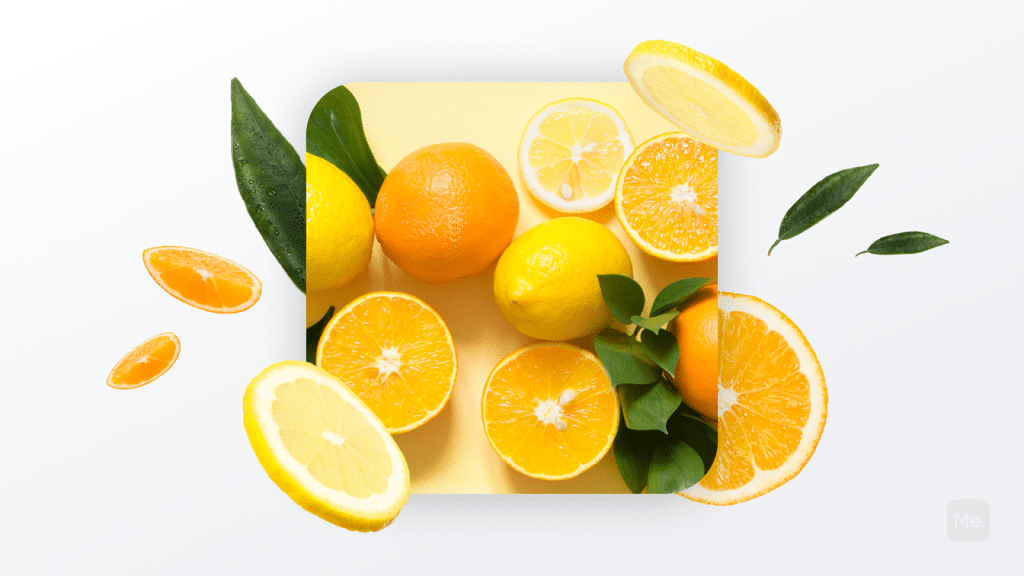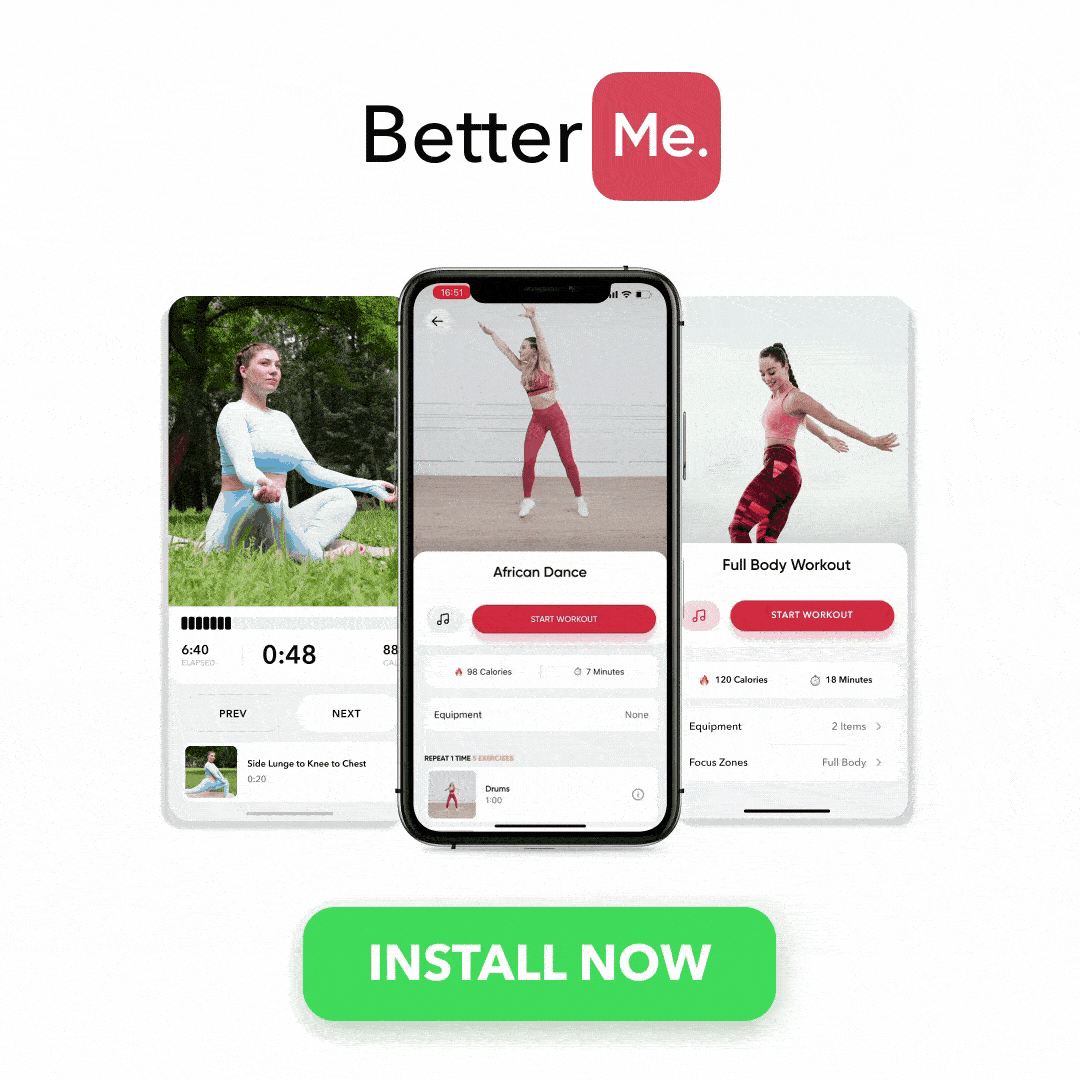‘An apple a day keeps the doctor away.’ You have heard this phrase more times than you care to remember. It is common knowledge that fruits are healthy, and incorporating them into your diet is a sure way to keep diseases at bay. Nonetheless, fruits contain natural sugars. Is fruit sugar bad? Do you ever wonder if these sugars are good for you? Have you, at some point, stopped eating fruits because of the high sugar content? Well, here is why you shouldn’t worry about your daily fruit intake.
Get your personalized
meal plan!
Which Sugar Is In Fruits?
Fruits contain natural sugars. As a matter of fact, they have more sugars than most whole foods. The sugars found in fruits are a mix of fructose, sucrose, and glucose. Sucrose is part glucose and part fructose (15). Both glucose and fructose are simple sugars or monosaccharides (1). These sugars are metabolized differently, even though they provide the same amount of calories.
Glucose is digested, absorbed, then taken to the liver, and released into the bloodstream to be used as energy (13). By contrast, all metabolic processes of fructose are done in the liver.
Fructose is also known as fruit sugars. It occurs naturally in fruits, honey, certain vegetables such as peas and zucchini, and fruit juices. Natural fructose, the one from fruits and vegetables, is good for you.
However, processed forms of fructose, such as those found in Agave syrup and high-fructose corn syrup (HFCS), may adversely affect your health (2). HFCS is primarily found in sodas, cereals, and fruit drinks. This is because they have a high concentration of fructose compared to fresh fruits and vegetables, which have minimal fructose concentration. Ingesting excess amounts of fructose can contribute to metabolic disorders.
As earlier mentioned, all metabolic processes of fructose are done in the liver. For this reason, when you consume excess fructose, you overload your liver, and it will start turning the extra fructose into fat. This could lead to conditions such as heart diseases, diabetes, and obesity.
Note that whole fruits have relatively low amounts of fructose, and rarely do they cause any health concerns, however much you take them. On the other hand, added sugars have high fructose content and need to be taken with caution.
Read More: Fructose Vs. Sucrose: Which Is The Healthier Option?
If Sugar Is Bad, Why Is Fruit Good?
It gets confusing when you are told to cut back on sugar but eat more fruit, yet fruits contain sugars. As opposed to added sugars, the sugar in fruits, fructose, is harmful only when taken in excess.
It is almost impossible to eat so much fruit that you have a fructose overload. The daily fruit intake recommendation is at least 400grams per day or five servings of 80 grams each (10). This is equivalent to half of a large avocado or grapefruit or two large handfuls of grapes. The fructose content in this is too little to cause any adverse effects.
But, you have to take caution if you have fructose malabsorption as your body may not be able to absorb fructose from fruits and vegetables completely. The result of this is bloating, cramping, and diarrhea (7). The following are reasons why it is impossible to overeat fruits.
Whole Fruits Contain Fiber
First of all, whole fruits have high fiber content, making them very filling. You will feel full after taking just a few pieces of fruit, consequently lowering the chances of fructose overload.
Secondly, the high fiber content in fruits makes it take a long time to digest thereby, reducing the chances of overloading your liver with fructose.
There are two types of fiber, namely, soluble and insoluble fiber (4). Soluble fiber mixes easily with water to form a gel-like substance that slows down the process of digestion. Such fiber is found in foods such as legumes and nuts.
Fruits contain insoluble fibers which repel water. Such kind of fiber gives bulk to the food, slows digestion, and eases movement through the digestive tract. Slow digestion means that sugar (fructose) gets to your liver slowly. When too much fructose hits your liver at once, your liver overworks, forming fat from the excess fructose in a process called lipogenesis (12). This isn’t likely to happen when you eat whole fruits.
Whole Fruits Have Significant Amounts Of Water
The thought of having chilled grapes or watermelon on a hot day is refreshing. These fruits have high water content and low-calorie density. The high water content in these fruits makes it impossible to overeat them. Your tummy will be full of water after eating just a few pieces.
To illustrate, grapes have a high water content of about 81.3g per 100 grams. They are low in calories, with only 67g per 100 grams. This high water content makes grapes very filling. You can only eat a few pieces, hence reducing the number of calories you can take.
Conversely, you are more likely to overeat prunes. Although high in fiber, prunes have a low water content of only 30g per 100grams unit.
Whole fruits are advantageous to you as they help you consume fewer calories while still meeting your nutritional needs. Additionally, whole fruits, whether dried, canned, or frozen, have low-calorie counts but are still loaded with essential nutrients such as potassium and vitamin C which are good for your health (21).
If you struggle to even flirt with the idea of giving up your favorite foods or working out till your legs give way – BetterMe app is here to breathe a fresh perspective into the way you view the weight loss process! Check out the app and experience the fun side of fitness and dieting with BetterMe!
Chewing Resistance
Did you know that eating fast, taking large bites of food, and swallowing quickly promotes overeating and consequently weight gain?
You may be wondering if this affects fructose absorption in the body. Well, whole fruits have a high fiber and water content which has a significant chewing resistance. Eating a whole fruit requires you to chew slowly, chew more, and for a long time.
This causes you to eat slowly. The result of this is that very little fructose reaches the liver at a go. The liver, therefore, is not overworked. In addition to this, chewing resistance makes you feel full faster. This is, however, not influenced by the amount of food in your stomach rather by the state of your mind.
Fruits Are Packed With Nutrients
There is a reason why fruits and vegetables are vital ingredients of a healthy diet. Fruits contain essential minerals, vitamins, fibers, phytochemicals, and other nutrients that you need to remain healthy. Eating fruits lowers your risks of obesity, heart attack, diabetes, and other serious diseases. Here are some important nutrients found in fruits.
Fiber
Fruits are rich in both soluble and insoluble fibers. Fiber is essential for several reasons.
- Promotes healthy weight – High fiber fruits have low-calorie density hence help in weight reduction. Plus, fiber (both soluble and on-soluble) slows down digestion making you feel fuller for more extended periods.
- Blood sugar control – Fiber helps maintain healthy blood sugar levels since it takes your body a long time to break down high fiber food. Therefore, there is no spike in blood sugar because of too much sugar intake or drop because of inadequate sugar intake. This is beneficial, especially to individuals who have diabetes (4).
- Aids with constipation – Fiber helps food move through the digestive tract since it adds bulk to it, stimulating the intestines in the process. Fruits rich in fiber include apples (2g) and bananas (4.62g).
Vitamin A
Fruits such as mangoes and cantaloupes are rich in Vitamin A. Vitamin A is essential for cell growth, healthy vision, and strong immunity (18).
Vitamin C
Fruits such as oranges, lemon, and lime are excellent sources of vitamin C. This vitamin is essential for keeping your gums and teeth healthy. It is also needed to repair body tissues, heal wounds, and limit free radicals’ cell damage (19).
Calcium
Fruits rich in calcium include oranges and kiwis. Calcium is good for healthy teeth and bones. It is also needed for the optimal functioning of nerves and muscles (3).
Folate (Folic Acid)
Folate helps with the development of a healthy brain and spinal cord. Fruits rich in folate include mangoes and pomegranates.
Sodium
Sodium is needed for normal cell functioning in the body. You can get sodium from fruits such as tomatoes and olives.
Iron
You need iron for healthy blood and normal cell functioning. Fruits rich in iron include apricots and pomegranates (11).
Potassium
To maintain healthy blood pressure. You need potassium. Fruit sources of potassium include dates, bananas, and honeydews (14).
Why Fruit Sugar Is Bad For You
Although fruits are healthy additions to your diet, there are some instances where fruit sugars are harmful to you. Here are situations where you may need to avoid fruit sugars.
Intolerance
Fruit sugar intolerance is when a person is unable to digest or absorb fructose (5). Symptoms for this condition include bloating and diarrhea. There are three types of fructose intolerance.
-
Essential Fructosuria
People with this type of fructose intolerance lack the enzyme hepatic fructokinase that breaks down fructose (10). A person may have this condition and not be aware of it. It is a recessive disorder, relatively harmless, and many individuals who have it are asymptomatic and don’t usually require treatment.
-
Hereditary Fructose Intolerance
This is a more severe type of fructose intolerance. A person with hereditary fructose intolerance cannot digest fructose and any other fructose precursor.
Also, such people have no fructose-1 phosphate aldolase enzyme that digests fructose. Lack of this enzyme causes fructose to accumulate in the liver and kidneys. This may sometimes be fatal.
Symptoms of this condition include:
- Irritability
- Poor feeding in children
- Excessive sleepiness
- Convulsion
- Vomiting
-
Fructose Malabsorption
This type of fructose intolerance is characterized by the inability to absorb or digest fructose. As a result, the fructose passes down to the large intestines, causing painful digestion, abdominal pains, and bloating (8).
People with fructose malabsorption are also often sensitive to other sugars such as monosaccharides and disaccharides.
Low Carb Diets
Normally, people on a low-carb diet tend to avoid fruits. Low-carb dieters avoid fruit because they believe that fruits are high in carbs, primarily sugars such as fructose, glucose, and sucrose.
Fruit sugar may not be ideal for you when on a low-carb diet. Low-carb dieters eat foods rich in protein, vegetables, and healthy fats.
If you want to eat fruit when on a low-carb diet, consider healthy fruit servings. For example, you can eat a serving of watermelon which has a very low carb percentage of only 7.55g per 100grams (20). Watermelon also has high water content and is rich in fiber which will satiate you while providing minimal calories.
Read More: Agave Nectar Vs. Honey: Tracking Down A Healthier Way To Sweeten Up Your Cup Of Joe
The Problem With Canned Fruits And Fruit Juices
Although canned fruits and fruit juices provide a convenient way to eat your fruit, they may not be the healthiest. Even then, canned fruits still have some advantages.
For instance, fruits rich in vitamin C preserve their vitamin content longer when canned. Storing whole fruits might be challenging as some vitamins such as Ascorbic acid tend to diminish with continued exposure to air.
The nutrient content in whole fruits also degrades when these fruits are transported from one point to another or put in storage for a long time.
The downside of tinned fruits is that they may have unhealthy additives in them. Such additives include:
High Fructose Corn Syrup
Most canned fruits are usually coated with syrup which contains a lot of added sugars. A lot of times, corn syrup is used.
Corn syrup is the most common and also the most dangerous ingredient in packed fruits. High fructose corn syrup (HFCS), an artificial sugar made from corn syrup, is commonly used because it is cheap to make, sweeter, and mixes quite easily with other ingredients.
High fructose corn syrup is dangerous to your health. First, it may mess with your metabolism, putting you at risk of diabetes and heart disease (16).
Secondly, high fructose consumption puts you at risk of fatty liver disease. Ingesting canned fruits soaked in HFCS is hazardous to your liver. Excess fructose leads to increased liver fat. If this fat accumulates, you are likely to suffer from fatty liver disease (16).
When buying canned fruits, be sure to carefully read the label. Go for fruits packed in their own juice or water instead of syrup.
Artificial Colors
It is prudent to read through the labels of all canned fruits and juices you buy. Some of them have artificial colors added to them to make the fruits more appealing. Some juices even have dyes added to them.
Artificial dyes and colors might be harmful to your health. These dyes are usually made from coal or petroleum. What’s more, yellow and red artificial food colors are said to be carcinogenic and can cause hypersensitivity reactions (17). You may not want such substances in your body.
Whether you’re a workout beast or just a beginner making your first foray into the world of fitness and dieting – BetterMe has a lot to offer to both newbies and experts! Install the app and experience the versatility first-hand!
How To Read The Fruit Can Label Correctly
Sometimes, manufacturers don’t expressly say that their products have artificial dyes, sweeteners, or other harmful additives in an obvious way on the labels.
To pick a healthy product, go through the list of ingredients on the label. Manufacturers always list the ingredients systematically.
The ingredients are listed according to volume. The first ingredient in the list has the highest percentage, while the last one has the smallest percentage. If a product’s main ingredient is water, then water (aqua) will be first on the list. Additives are usually masked with vague names such as ‘flavors.’
Most canned fruits and juices have additives, be it sweeteners or dyes. For this reason, to be safe, limit the number of canned products you consume, or be choosy about the ones you select.
Overeating Canned Fruits And Juices
Canned fruits and fruit juices are devoid of fiber, unlike whole fruits. This means low chewing resistance. When eating canned fruits, you realize that you chew faster and eat a lot before feeling full. You end up eating a huge fruit serving, compared to if you were eating whole fruits.
Imagine the amount of fructose you ingest if the fruit was soaked in HFCS.
Conclusion
Fruits are healthy additions to your diet. Even though excessive sugar is dangerous, fruit sugars are healthy. So, don’t be scared to eat your apples along with your breakfast. The apple sugar content is healthy for you and just enough to fuel your day.
DISCLAIMER:
This article is intended for general informational purposes only and does not address individual circumstances. It is not a substitute for professional advice or help and should not be relied on to make decisions of any kind. A licensed physician should be consulted for diagnosis and treatment of any medical conditions. Any action you take upon the information presented in this article is strictly at your own risk and responsibility!
SOURCES:
- A review of recent evidence relating to sugars, insulin resistance, and diabetes (2016, ncbi.nlm.nih.gov)
- Adverse effects of dietary fructose (2015, pubmed.mcbi.nlm.nih.gov)
- Calcium (2021, ods.od.nih.gov)
- Dietary fiber intake and Type 2 Diabetes mellitus: An Umbrella Review of meta-analyses (2018, ncbi.nlm.nih.gov)
- Dietary fructose intolerance, fructan intolerance, and FODMAPS (2015, ncbi.nlm.nih.gov)
- Effects of consuming sugars and alternative sweeteners during pregnancy on maternal and child health. (2018, ncbi.nlm.nih.gov)
- Fructose malabsorption syndrome (2013, pubmed.ncbi.nlm.nih.gov)
- Fructose Malabsorption in children (2013, pubmed.ncbi.nlm.nih.gov)
- How high fructose intake may trigger fatty liver disease (2020, nih.gov)
- Increasing fruits and vegetable consumption: Challenges and opportunities (2013, ncbi.nlm.nih.gov)
- Iron (2021, ods.od.nih.gov)
- Mechanisms of nutritional and hormonal regulation of lipogenesis (2001, ncbi.nlm.nih.gov)
- Physiology, Glucose Metabolism (2020, ncbi.nlm.nih.gov)
- Potassium (2021, ods.od.nih.gov)
- Sucrose (2021, pubchem.ncbi.nlm.nih.gov)
- Sugar-sweetened beverages and risk of metabolic syndrome and type 2 diabetes: a meta-analysis (2010, pubmed.ncbi.nlm.nih.gov)
- Toxicology of food dyes (2012, pubmed.ncbi.nlm.nih.gov)
- Vitamin A (2021, ods.od.nih.gov)
- Vitamin C (2021,ods.od.nih.gov)
- Watermelon, raw (2019, fdc.nal.usda.gov)
- Whole fruits and fruit fiber emerging health effects (2018, ncbi.nlm.nih.gov)
